Kevin McCloud shares details of the new series of Grand Designs – and promises the best is yet to come
With Grand Designs is in its seventeenth series and Grand Designs Live due to return to London for its 12th year, we spoke to presenter Kevin McCloud about what makes the show a success and the future of British architecture
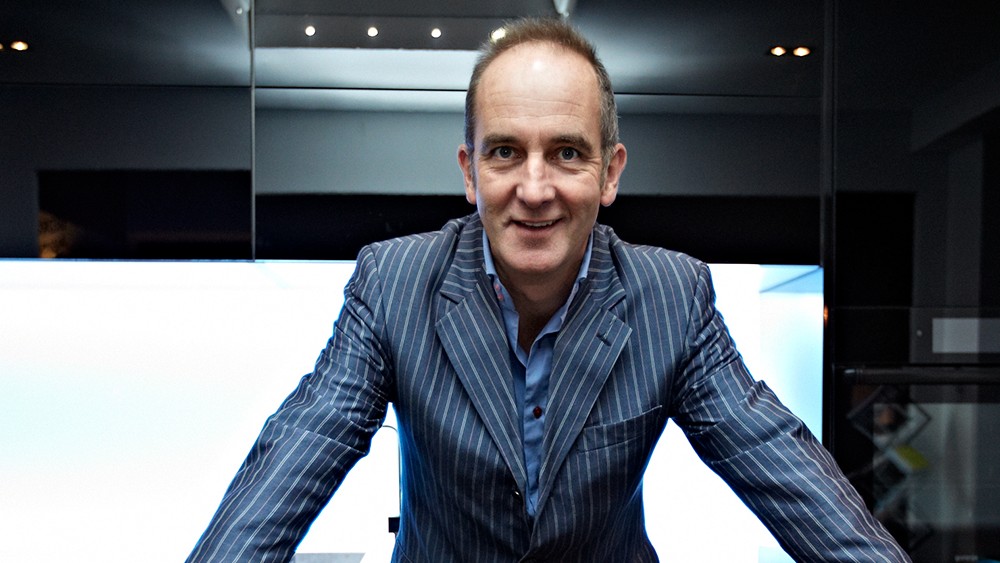
Eighteen years after Grand Designs first appeared on our television screens in April 1999, Kevin McCloud says he is more enthused by the programme now than he has ever been. ‘There’s so much that hasn’t been done yet that I’d like to see. I get more frustrated as the shows go on, asking questions like: “When are we going to see a completely underground house, or a zero-carbon, low energy home that’s also a conservation?” I’d love to see a grade II listed building converted and cleverly adapted for sustainable living. There are lots of agendas and excitements to look forward to.’

But of the 160 houses to have appeared on the show so far, does he have a favourite? ‘No! That’s a really hard question,’ he says. ‘I recently got asked to list my top ten and there were 17 on the list. But I’m particularly fond of the greener, smaller buildings, which are inexpensive.’ And why is that? ‘It’s much harder to build a house on a smaller scale and so it’s more of an achievement. People often confuse size with quality. In the 1980s we stopped understanding the difference between the two. We went large. But when it comes to our homes, you can turn a small room into a spacious one by putting in a high ceiling, or create a sense of space with a connection to the outdoors, or with storage.’
McCloud promises that we can look forward to some examples of these efficient, small-scale builds on the new series. ‘There is a tiny home on an urban plot in East London, built onto the side of a garage, which proves that you can build very succinctly on a small site in the densest part of the UK.’
But McCloud is adamant that the success of the show is attributed to more than people’s enthralment to the uses of bricks and mortar. ‘The great power of the programme is that it exploits the fact that architecture is for people. It is a process of design that delivers amazing environments for human beings to flourish. You see the trials, tribulations and sacrifices of people, who eventually triumph with a home that continues to change and improve their lives. It’s old-fashioned story telling, with villains, monsters, heroes and adversity along the way. And of course, all of us enjoy snooping around other people’s houses.’
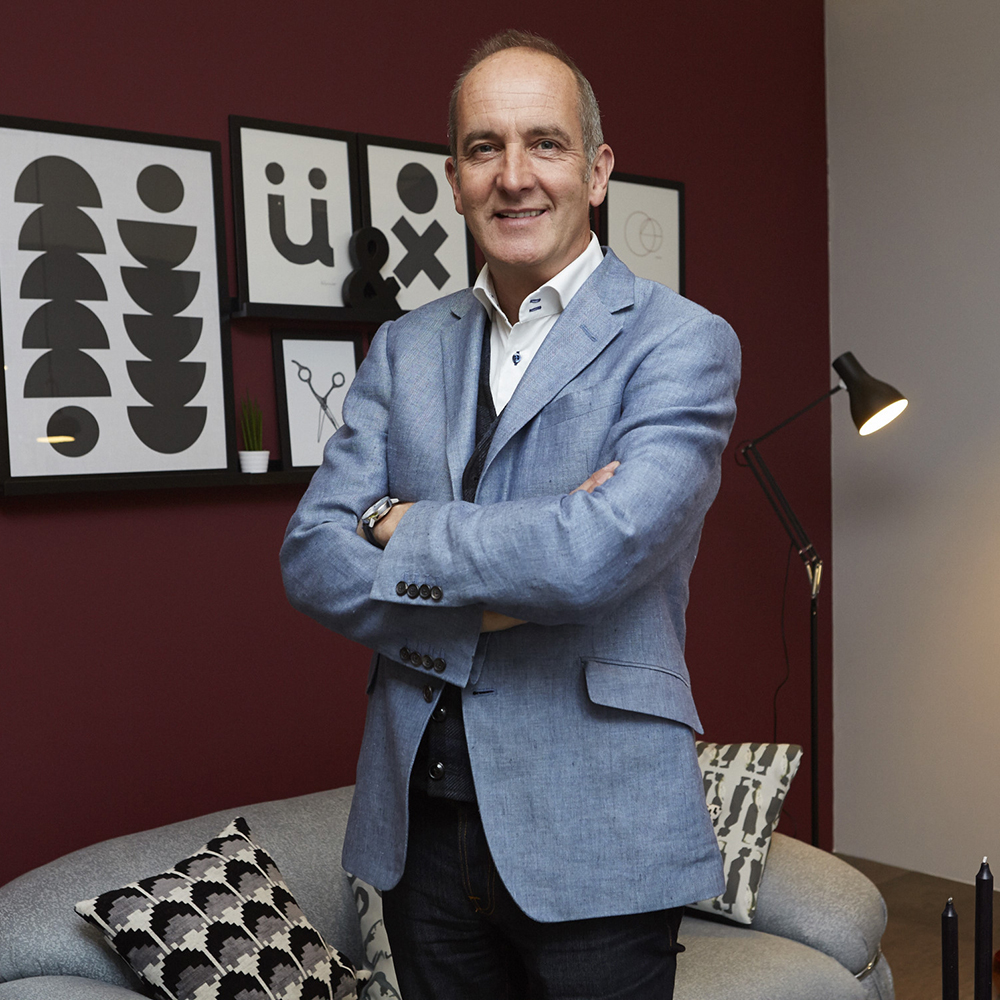
And if McCloud had it his way, all homes would be built with its inhabitants in mind, with an emphasis on value over price. ‘I’ll go to a town that’s expanding in four different directions, but the rooms are too small, the ceilings too low, there’s no daylight, not enough storage and no sense of connection to the place.’
The spread of identikit homes is something McCloud has long been trying to prevent. So what’s the solution? ‘Great architects design great buildings. Houses need to be sensitive to their environment and protect their occupants. If we had been trying to do that since the end of the war, we’d have a really diverse range of buildings.’
But it’s not all doom and gloom, he reassures. ‘Britain punches really well above its weight in terms of architectural design. We are home to some of the finest architects in the world and are very successful in exporting our architecture.’
Get the Ideal Home Newsletter
Sign up to our newsletter for style and decor inspiration, house makeovers, project advice and more.
-
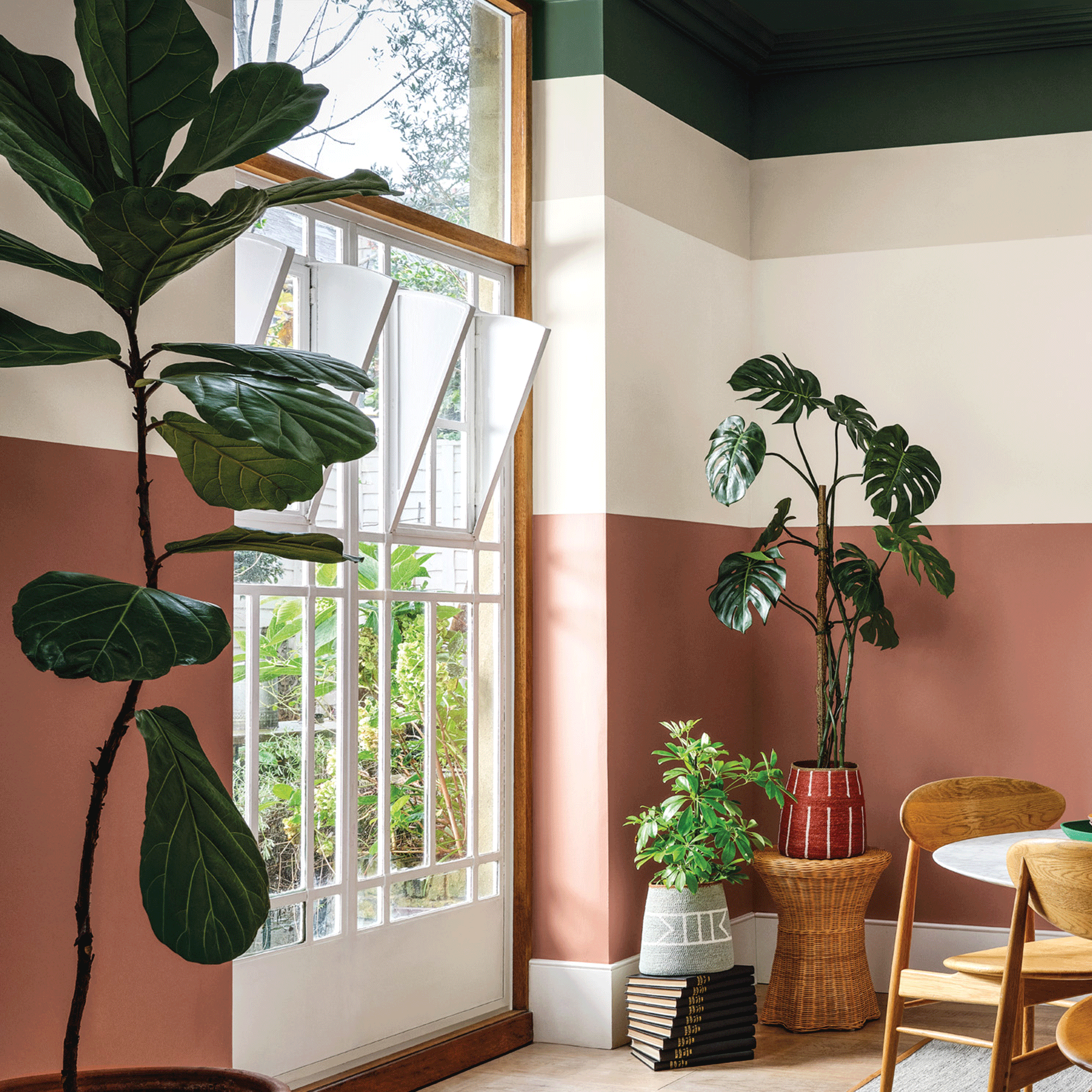 Crown Paint has launched new wall colours for the first time in three years, and changed how I think about neutral shades
Crown Paint has launched new wall colours for the first time in three years, and changed how I think about neutral shadesIs terracotta the ultimate neutral?
By Rebecca Knight
-
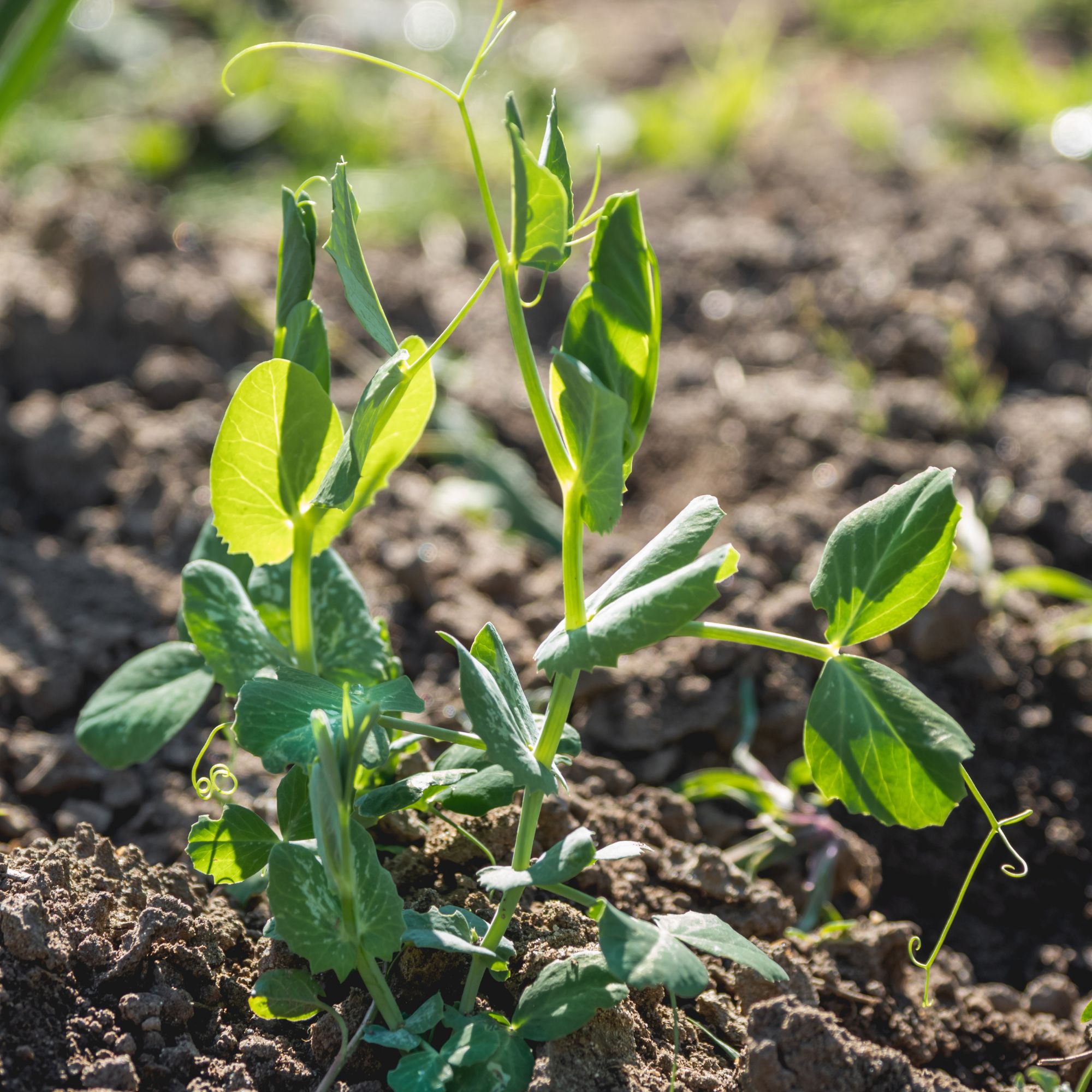 How to protect seedlings from birds – experts say there's a kind and clever way to stop them pecking
How to protect seedlings from birds – experts say there's a kind and clever way to stop them peckingYes, you can protect seedlings from birds without harming your feathered friends...
By Kayleigh Dray
-
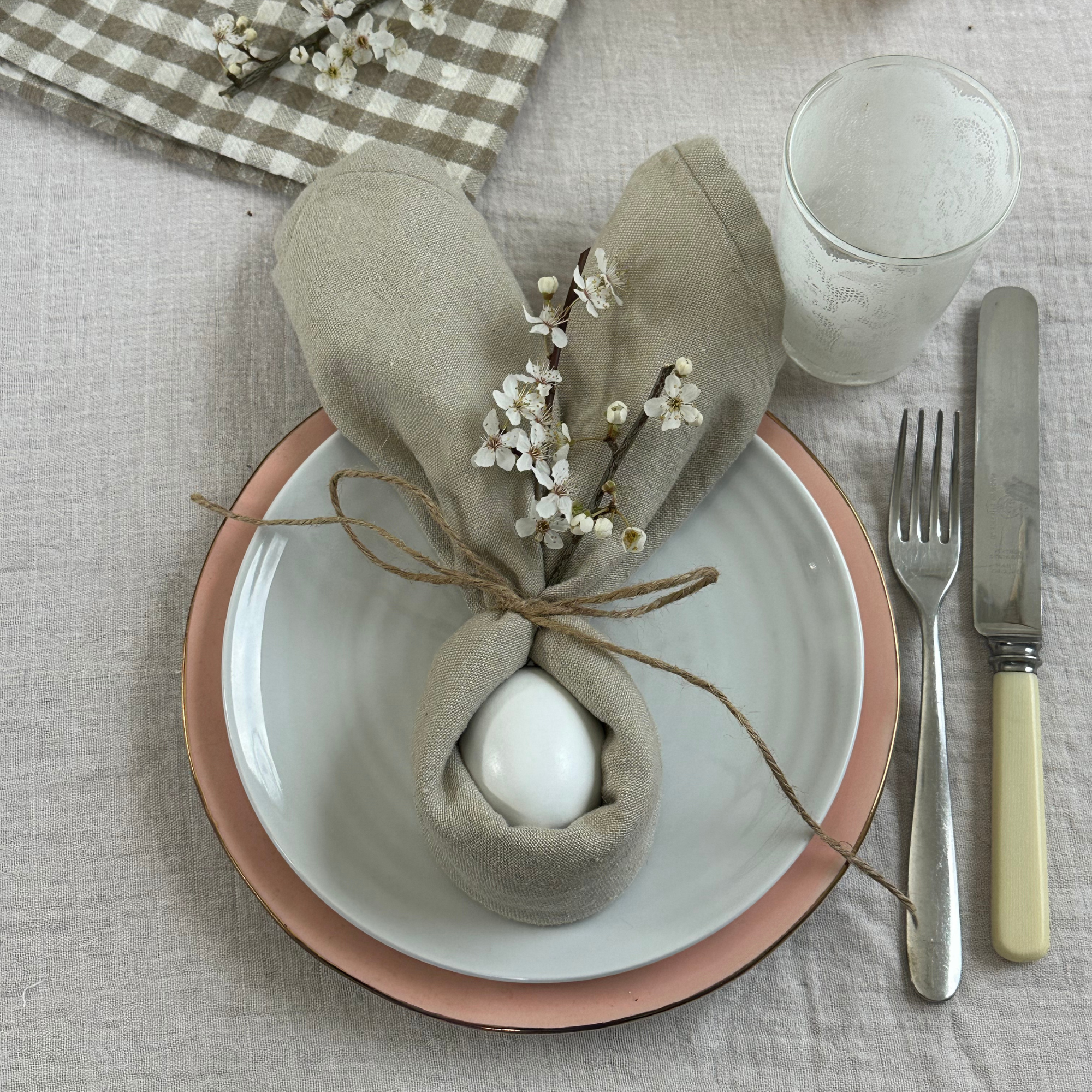 We tried the viral napkin bunny ears hack – it only takes five minutes and will take your Easter table to the next level
We tried the viral napkin bunny ears hack – it only takes five minutes and will take your Easter table to the next levelThis Easter craft is not only beautiful, but really easy to do
By Kezia Reynolds